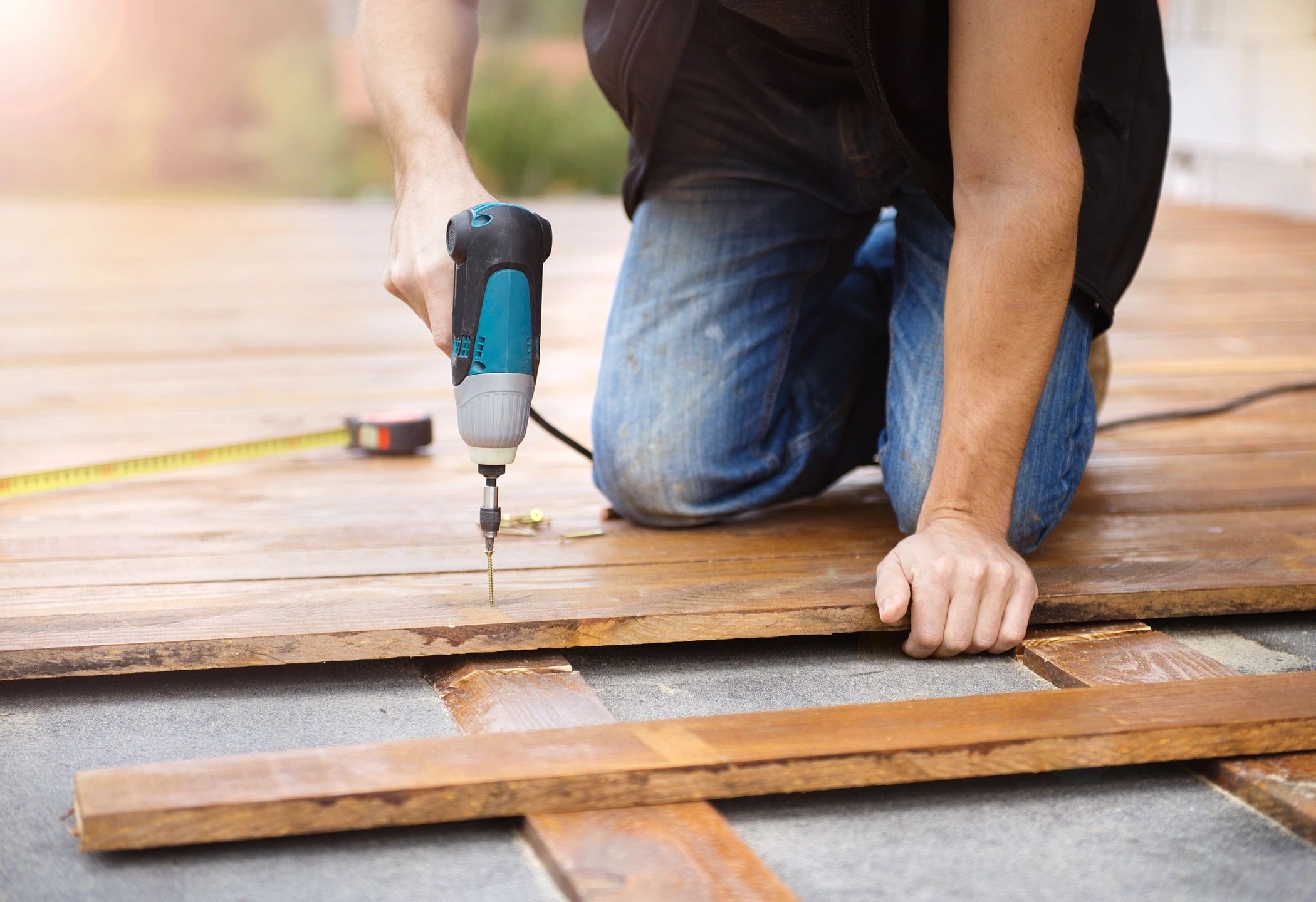
Are you looking for a way to build some "sweat equity" by buying a home that needs some improvement? That's a great idea, as long as you keep in mind a few important factors.
The neighborhood will have a natural ceiling price. It may not pay to take a run-down house in a run-down neighborhood and fix it up. Instead, find a house that needs some work that's priced considerably below its peers in that same neighborhood.
Avoid homes with structural defects as these are the most costly and most risky to repair. Make sure to do your due diligence before making a purchase. Get inspections. You might want to have contractors come out and give you a bid on proposed improvements before you make an offer.
Be aware that homes with undesirable floor plans are going to be difficult to sell, even after getting a face-lift.
Think about your financing needs for the purchase, as well as financing for improvements. This can be a complicated process so it's best to speak with a lender ahead of time to explore your options- make sure to keep your agent in the loop so your property search lines up with your financing options. Ideally, an investor of this sort will finance the property purchase conventionally and pay cash for repairs after purchase. However, some buyers prefer to seek a single loan to cover both costs. Loans like these may be available to you via the FHA 203(k) program, Fannie Mae's HomeStyle loans and Freddie Mac's Renovation Mortgage loan. HUD also has a plan called Title 1 for homeowners looking for a loan. Beware as you consider this option: obtaining construction financing can be a slow and grueling process.
What do you think about rolling up your sleeves on a Fixer Upper property?